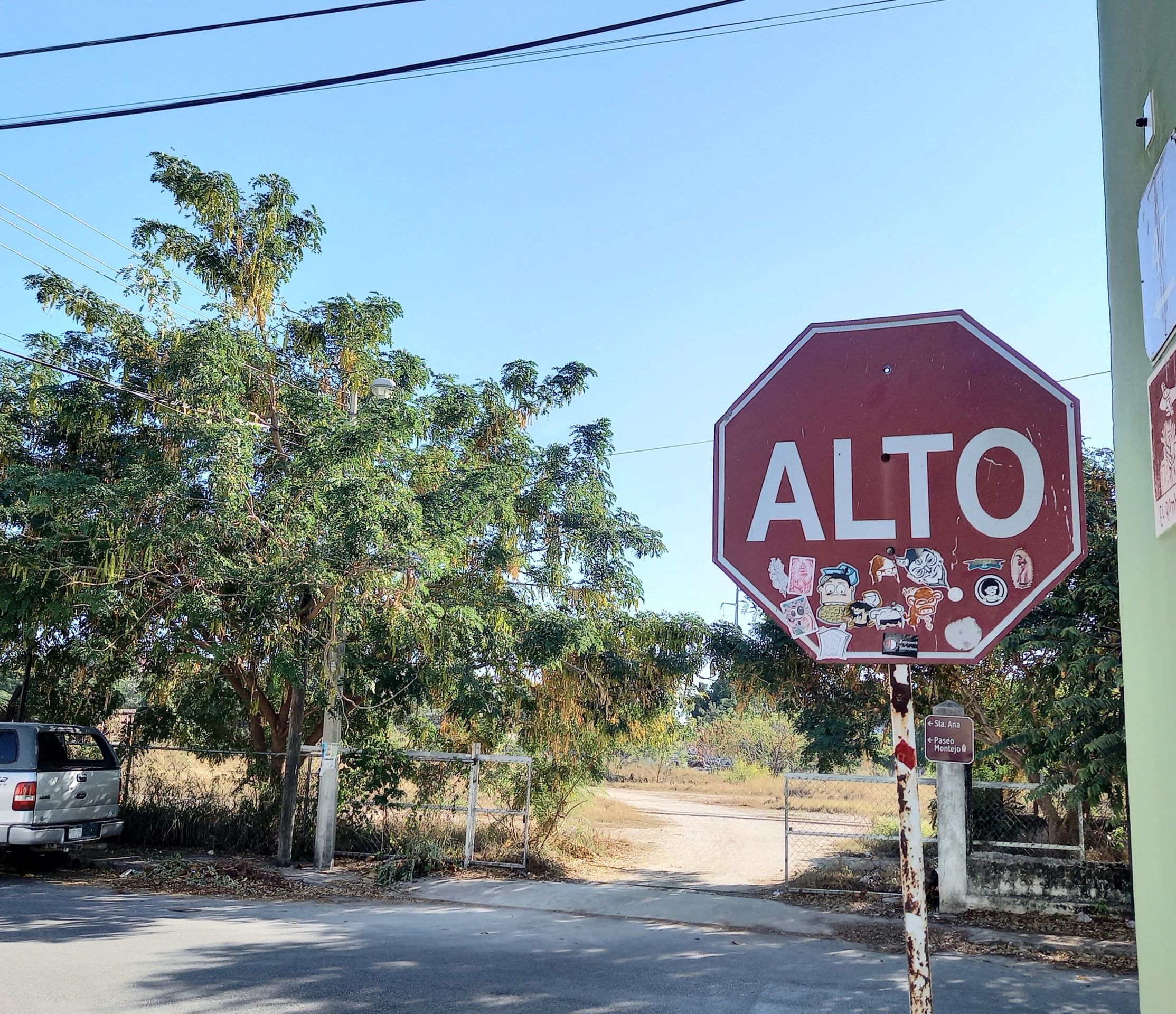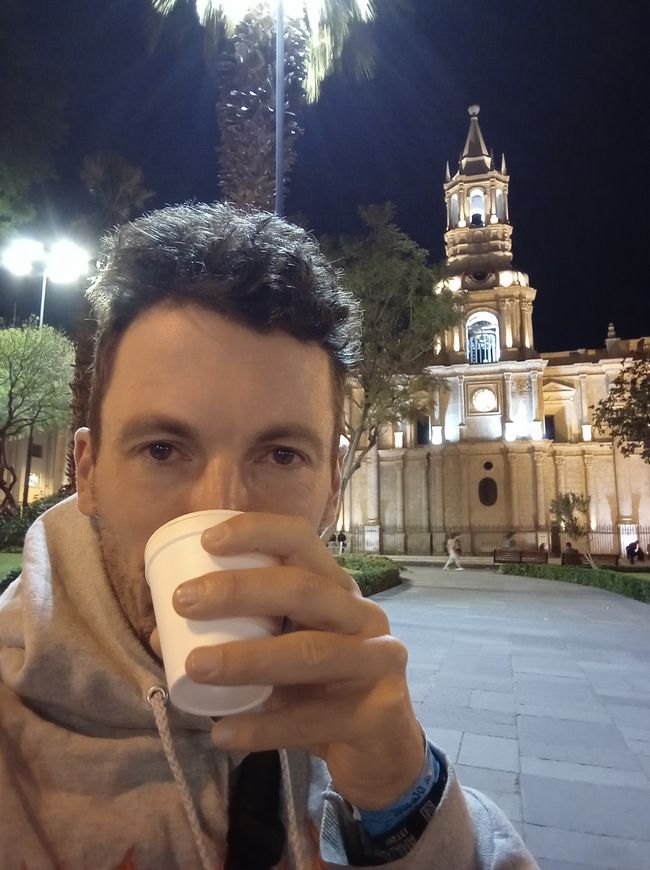Dry stretch (Camino del Norte 4)
Weşandin: 25.09.2024
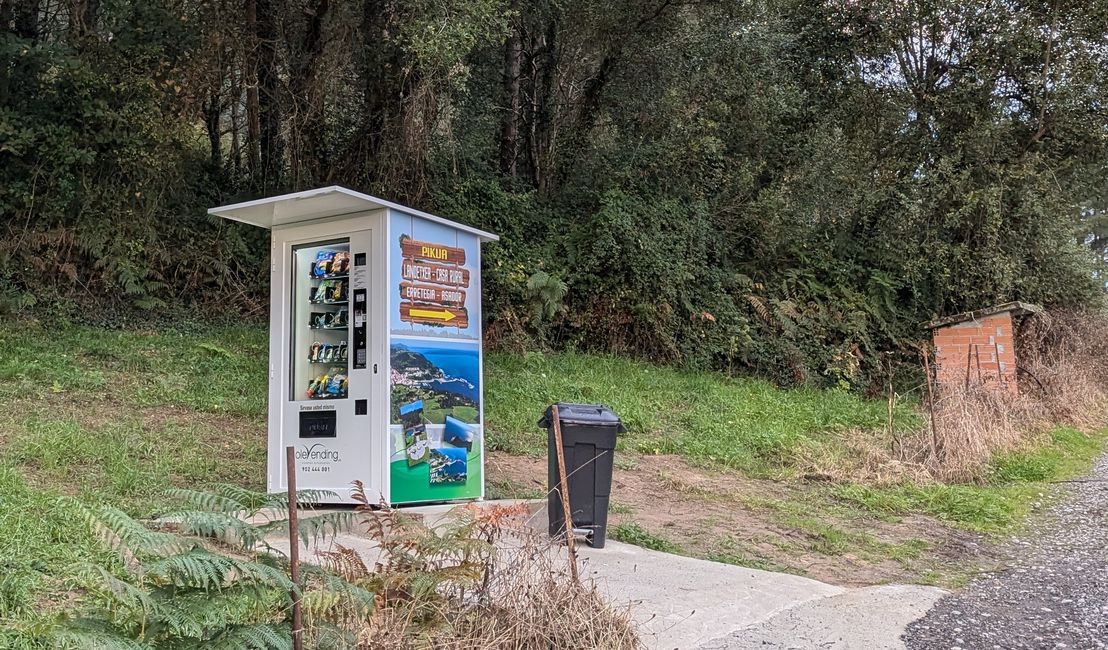
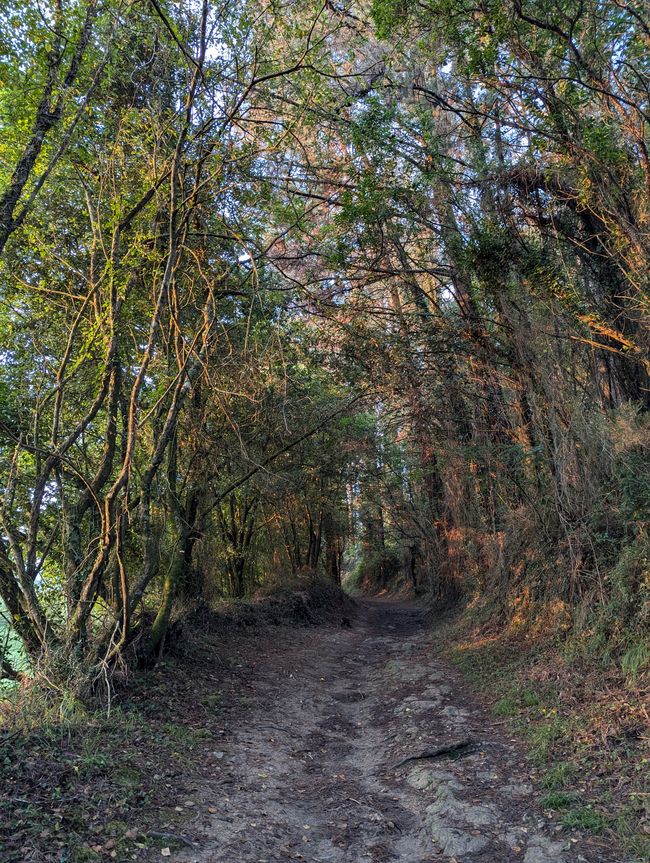
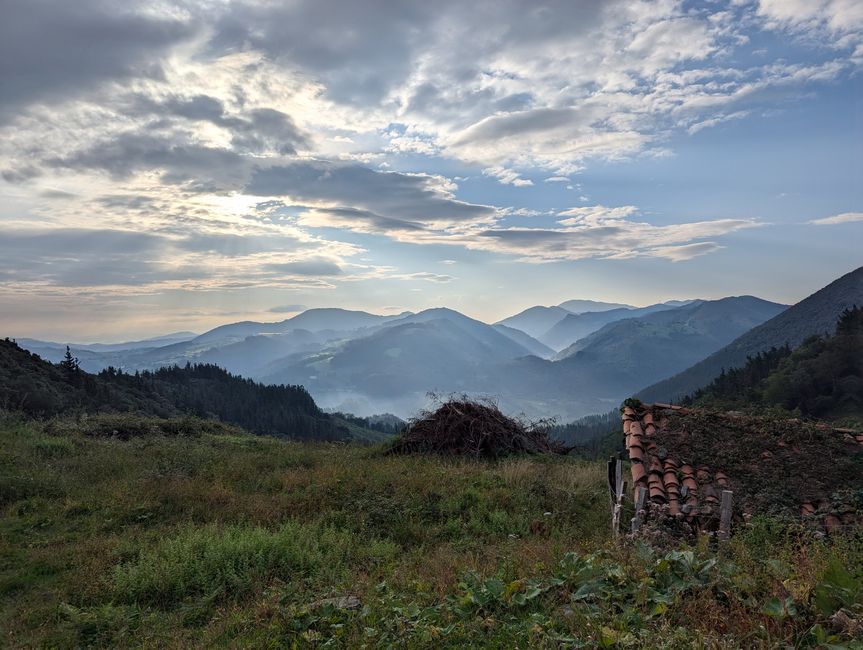
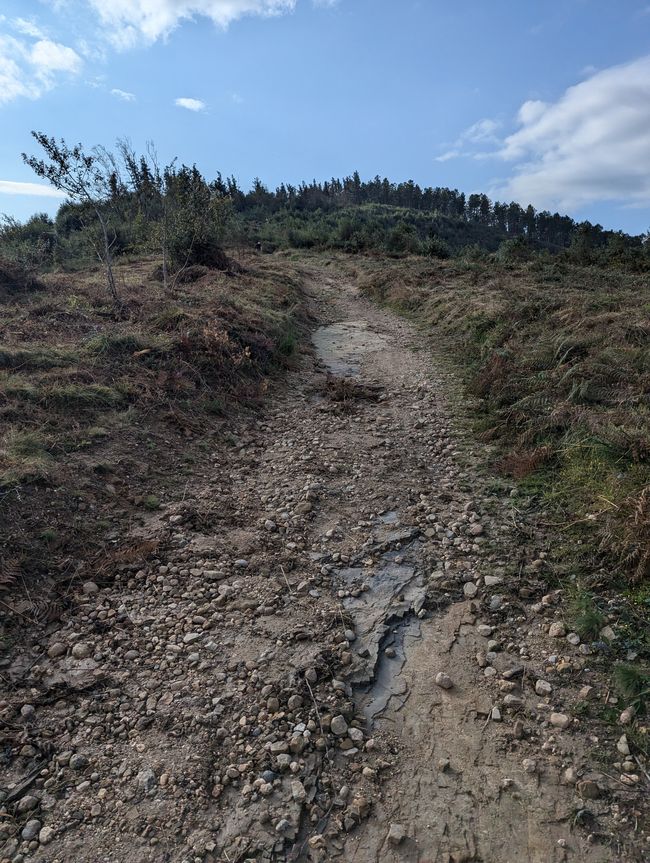
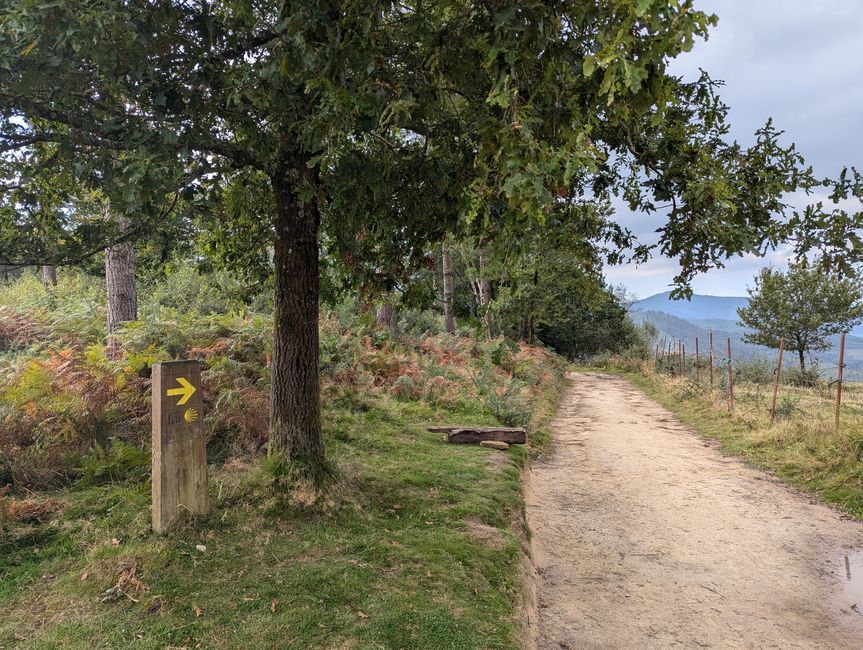
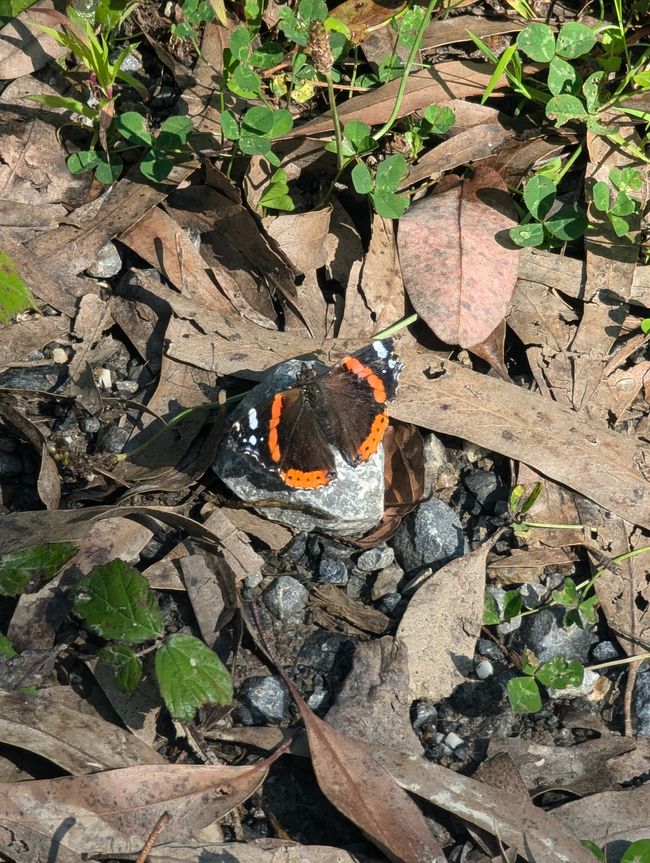
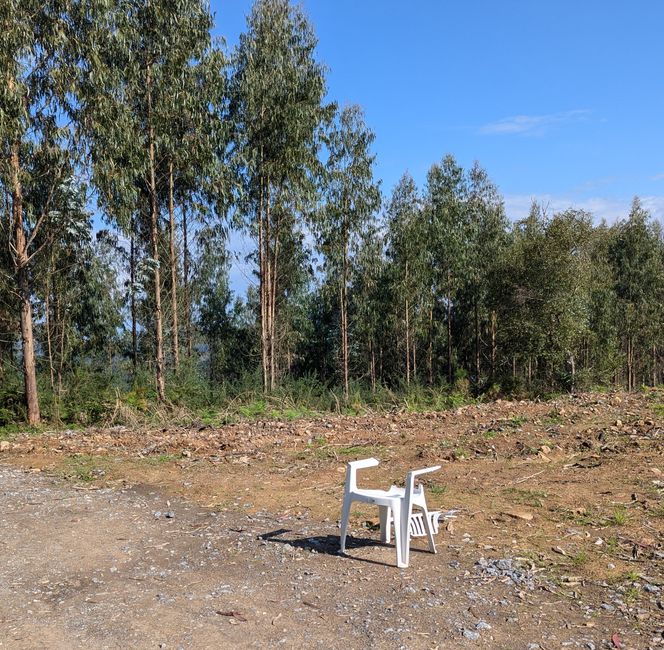
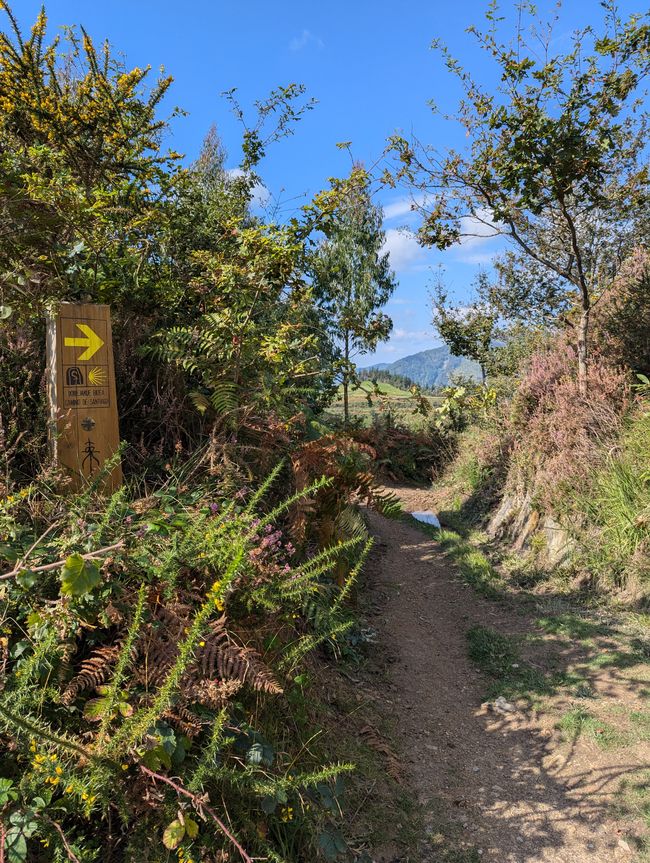
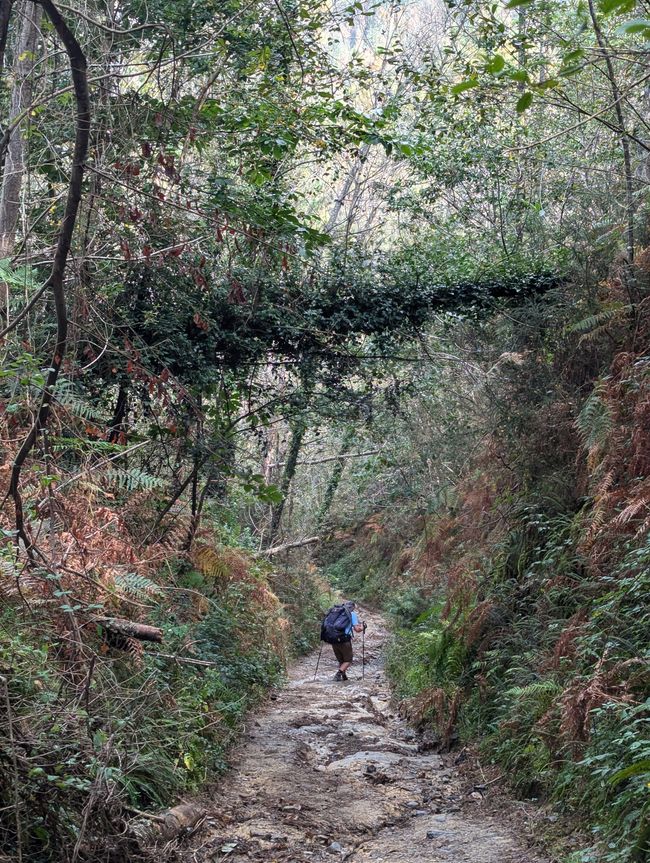
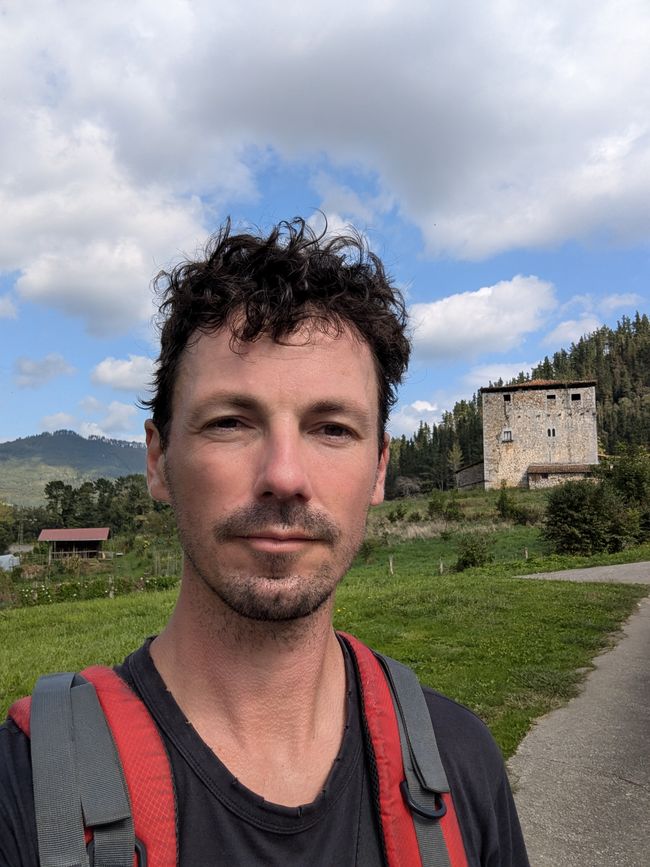
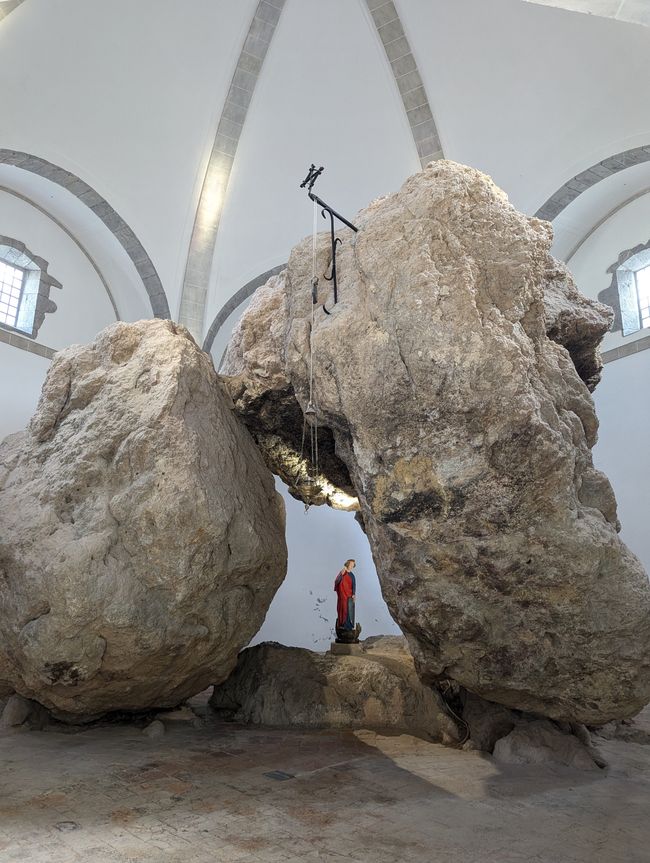
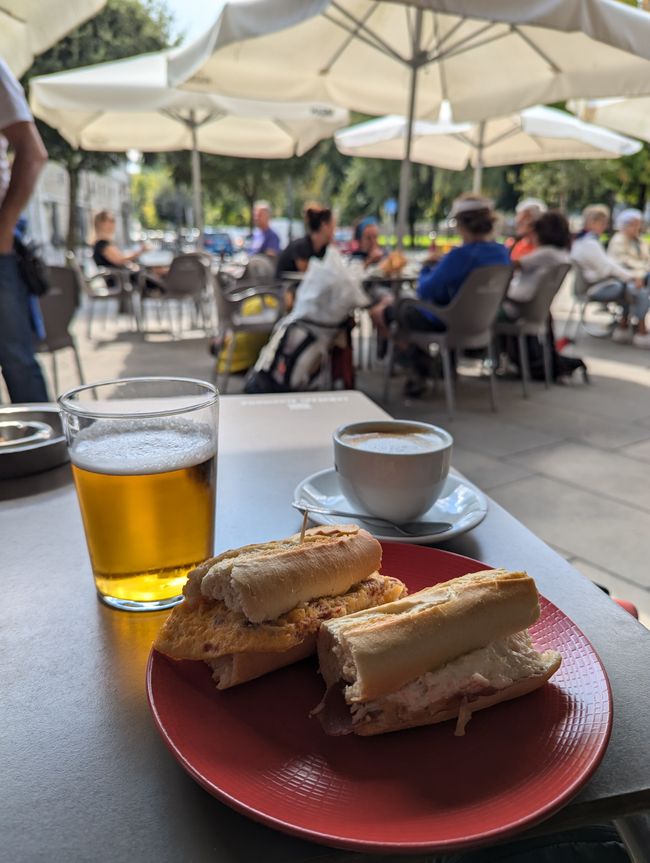
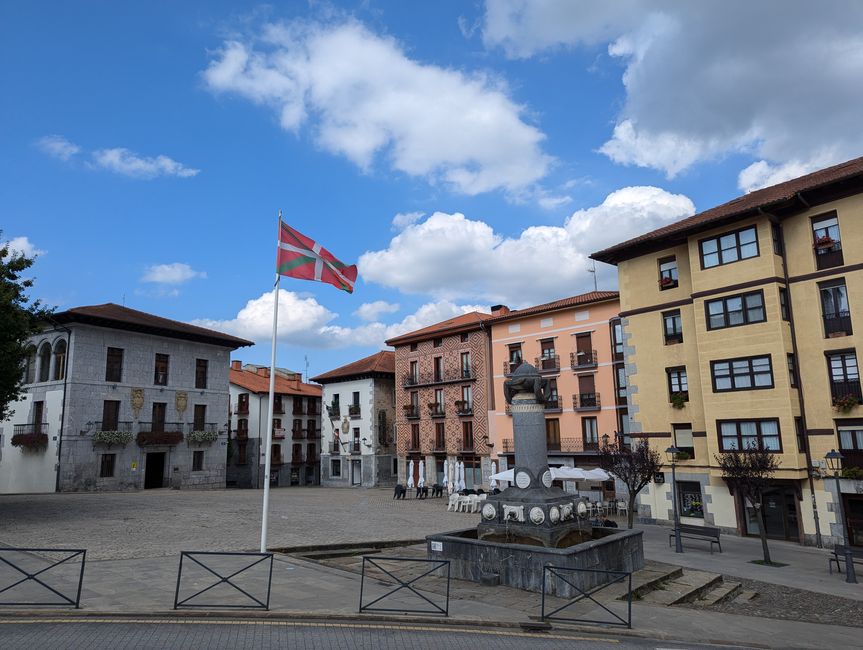
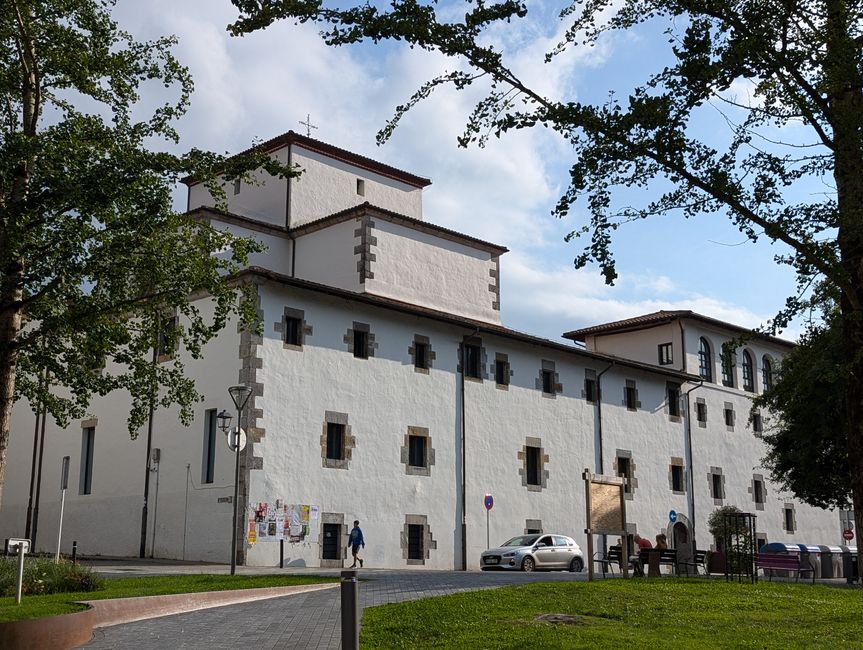
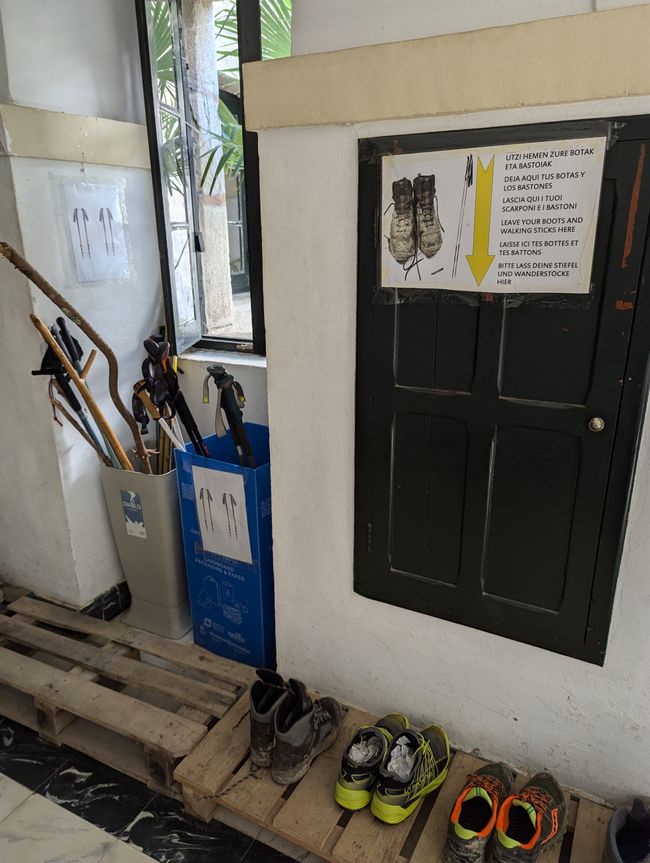
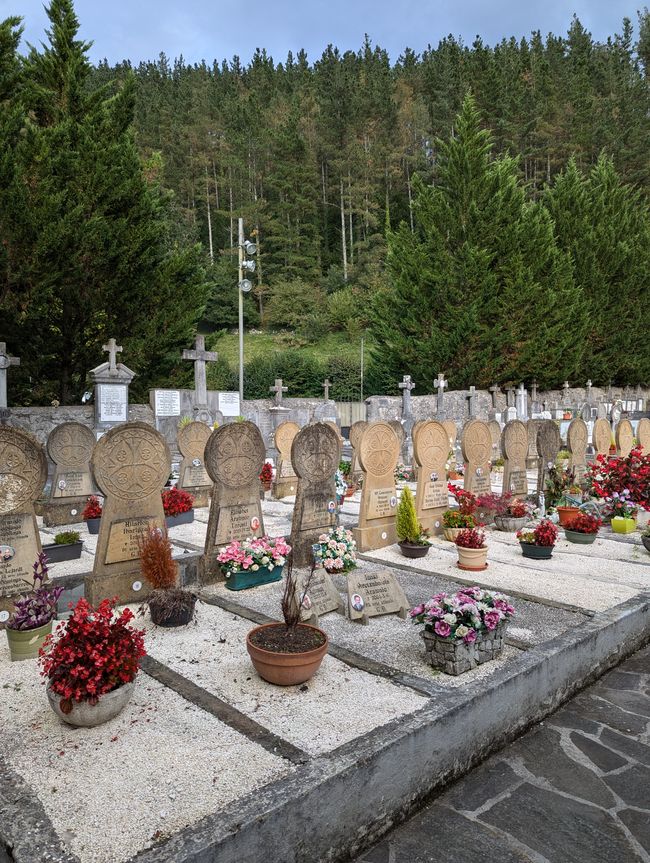
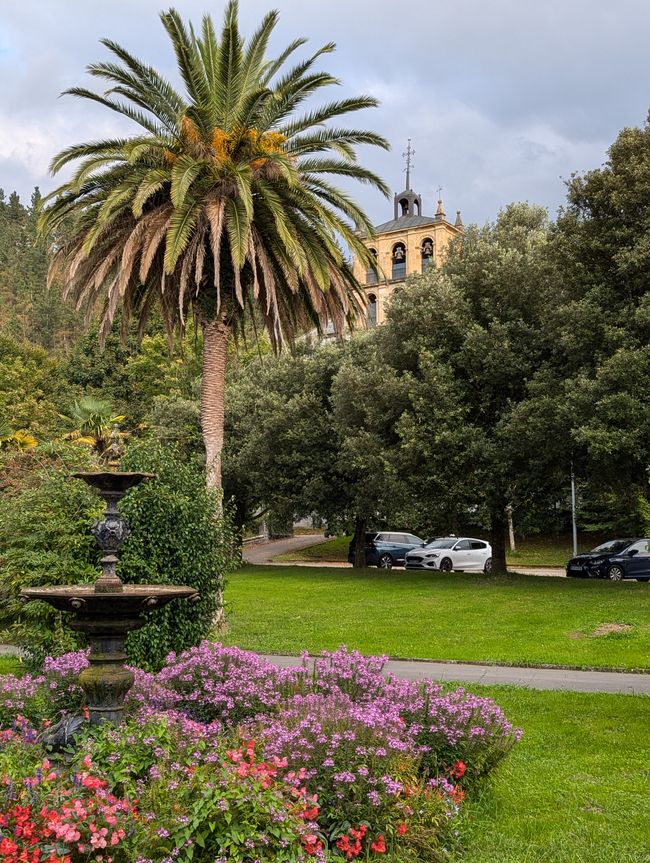
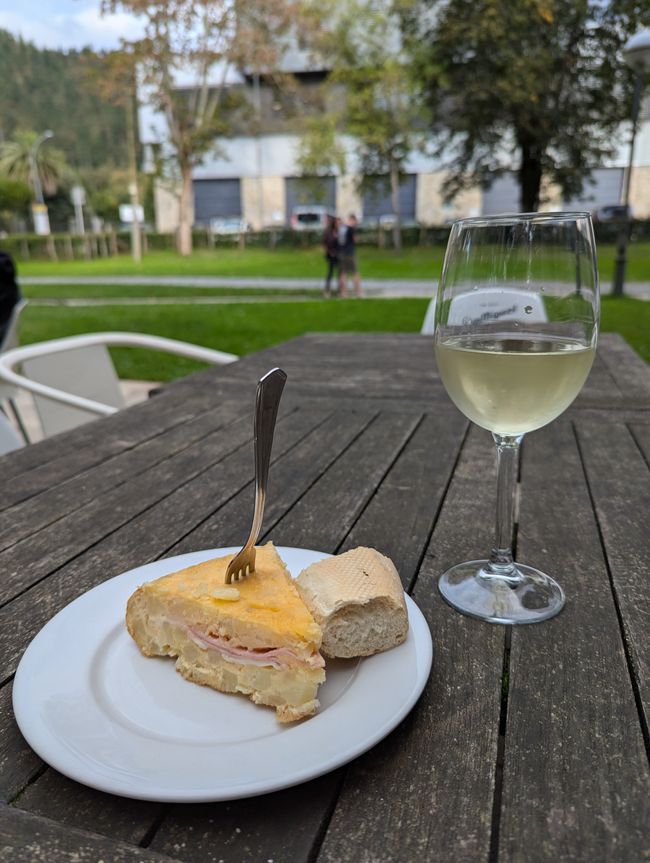
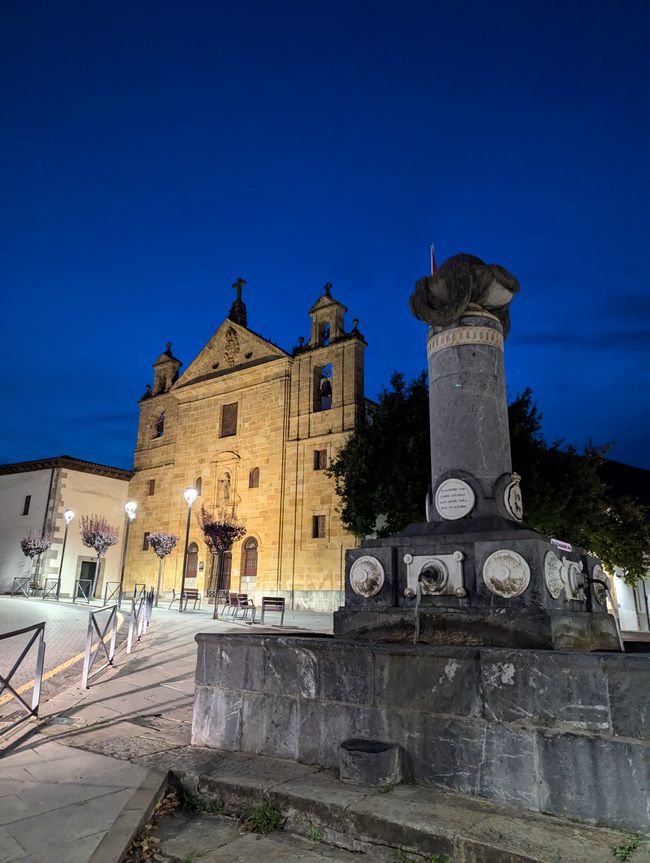
The best part of the journey are the breaks, as Roy Black and Anita sang. However, I had to complete the last stage without any significant pauses, as there were simply no towns or hospitality along the route.
Normally, the path leads through small settlements every six or seven kilometers, where cozy pubs offered filled breads (Pintxos), potato omelets (Tortillas), as well as coffee and cold drinks.
The path from Deba did not offer such amenities. Instead, it was constantly uphill. That day, I covered a total of 860 meters in elevation over 25 kilometers.
A lonely plastic chair in a clearing was the sign to take off my backpack, grab my water bottle, and break into my emergency provisions. Since Biarritz, I had two chocolate biscuits with me.
At 2 PM, I arrived at my daily destination an hour early - the hostel opened at 3 PM. Markina-Xemein was a tidy little town with various dining options. I spent my time enjoying a long-awaited snack with Stuart from Manchester. We were bunkmates in Deba.
A large portion of the hikers on the path were repeat visitors and could share experiences from the main route, the Camino Frances, or the Camino Portugues. Very few were religious.
The hostel for the night was located in an old monastery next to the church. Although pilgrim Masses were offered, most guests were more interested in practical matters, like washing clothes or using the power outlets to charge their phones. An elderly couple organized the approximately 30-40 hostel guests. Disposable plastic covers for the mattresses were distributed, beds were assigned, and guests were sternly reminded of the obligatory donation. There was also the stamp in the pilgrim's passport because a complete documentation of the journey is required for the certificate at the end of the journey.
This accommodation also strictly enforced the sleeping hours and turned off the lights at 10 PM.
Bersiv
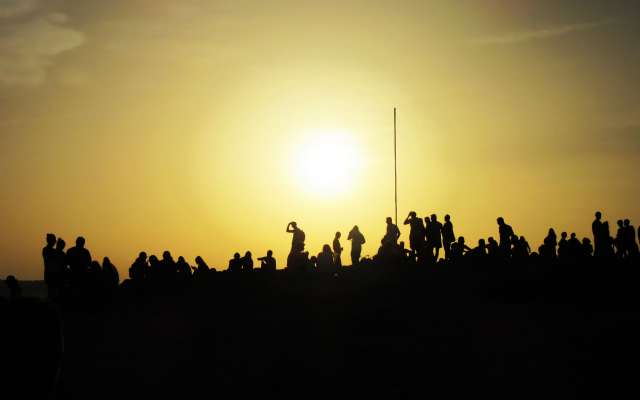
Raporên rêwîtiyê Îspanya
